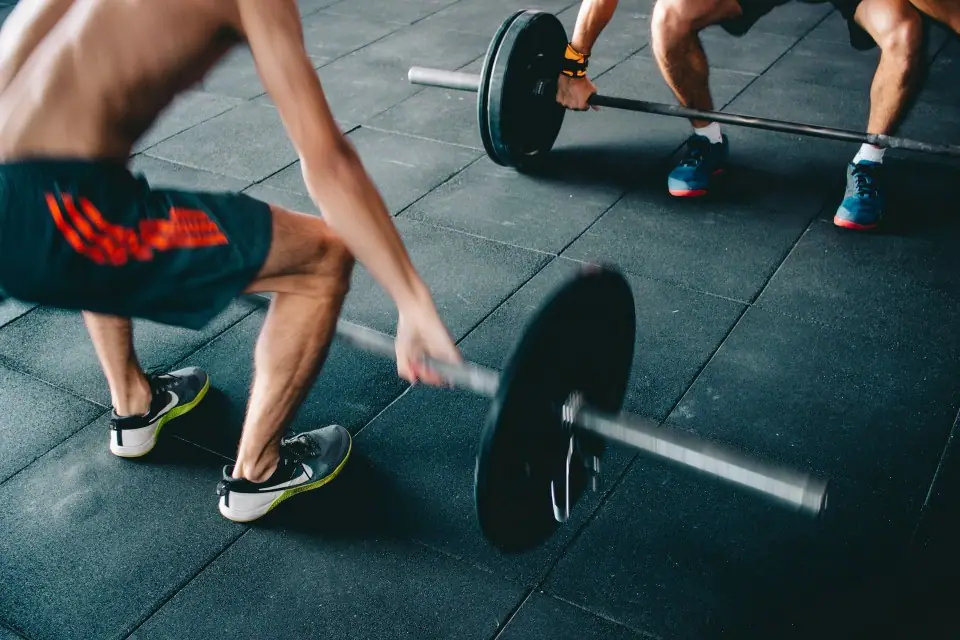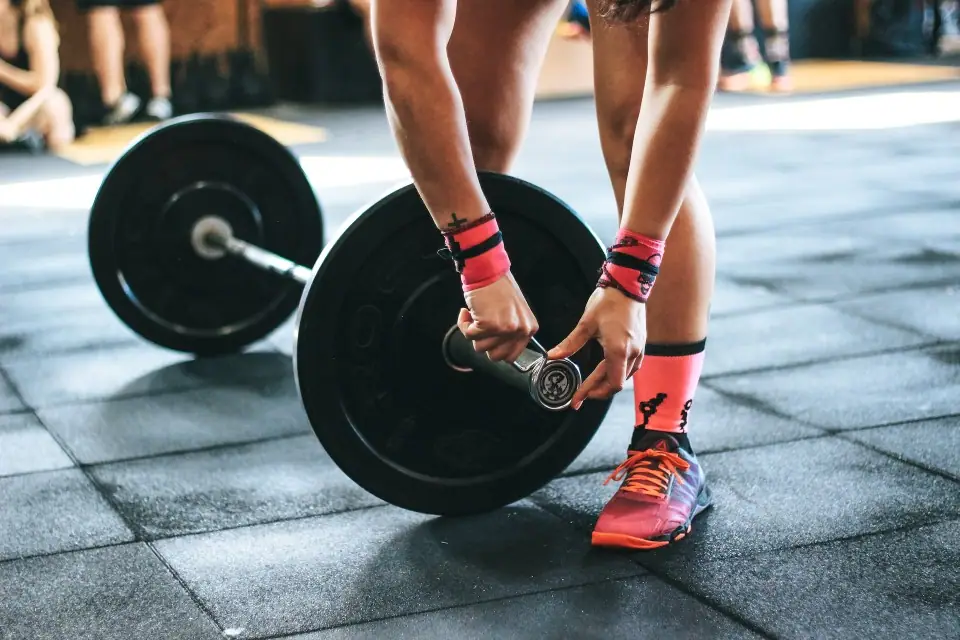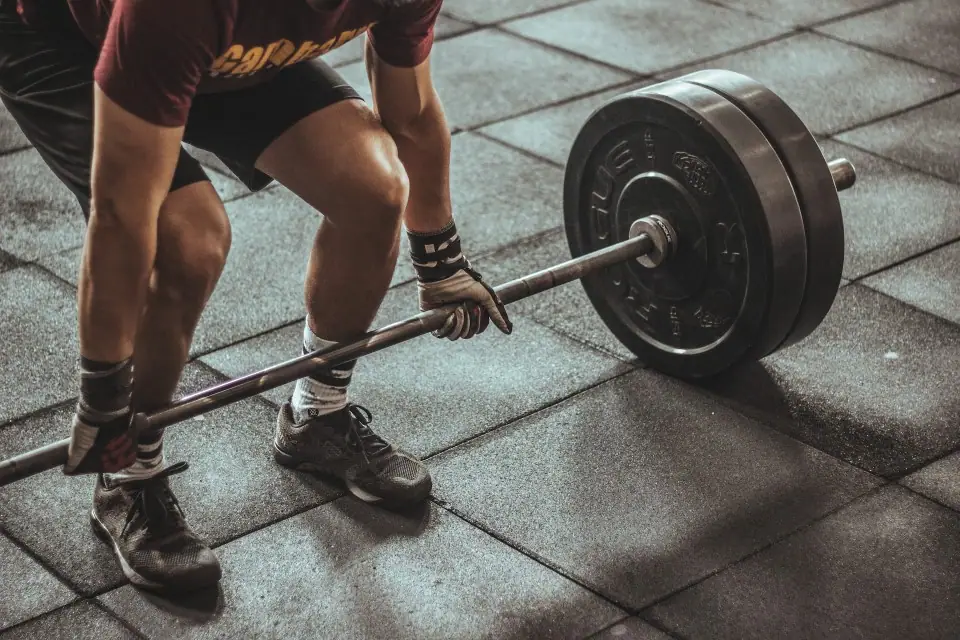Have you ever noticed that some days when you hit the gym, the weights feel significantly heavier than on other days? It’s a common experience for many fitness enthusiasts, and it can be quite perplexing. In this article, we will explore the various factors that can cause weights to feel heavier on some days, shedding light on this phenomenon and offering insights into how to deal with it.
Muscle Fatigue and Recovery
One of the primary reasons weights may feel heavier on some days is muscle fatigue and the body’s natural recovery process. When you engage in intense workouts, your muscles can become fatigued and need time to repair and rebuild. This is especially true if you’ve been working out consistently. Over time, this fatigue can accumulate, and your muscles may not be operating at their peak performance.
On days when your muscles are still in the recovery phase, you might find that weights feel heavier. This is because your muscles are not as strong as they could be, and it’s essential to allow them adequate time to recover. To mitigate this, consider incorporating rest days into your workout routine and ensuring you get enough sleep and proper nutrition to support your muscle recovery.
Sleep Quality and Quantity
The quality and quantity of your sleep can have a significant impact on how weights feel during your workouts. When you’re sleep-deprived or haven’t had enough restful sleep, your body and muscles may not be functioning at their best. This can make weights feel heavier, and your overall performance may suffer.
A lack of sleep can lead to decreased energy levels, reduced focus, and diminished muscle function. To combat this, prioritize a consistent sleep schedule and aim for 7-9 hours of quality sleep each night. By doing so, you can improve your workouts and ensure that weights don’t feel unnecessarily heavy.

Hydration and Nutrition
Dehydration and poor nutrition can also contribute to the sensation of heavier weight. Your body requires adequate hydration to perform optimally. When you’re dehydrated, your muscles can cramp, and you may feel weaker. This can make your usual weights feel much heavier than they are.
Similarly, nutrition plays a critical role in your workout performance. A lack of proper nutrients can lead to decreased energy levels and muscle weakness. To ensure weights don’t feel heavier than usual, stay hydrated by drinking enough water throughout the day and focus on a balanced diet that provides your body with the necessary fuel.
Stress and Mental State
Your mental state and stress levels can influence how weights feel during your workouts. When you’re stressed or anxious, your body releases cortisol, a stress hormone, which can lead to increased muscle tension and reduced strength. This can make weights feel heavier, even if your muscles are physically capable of lifting them.
To combat this, consider incorporating relaxation techniques like deep breathing or meditation into your routine. Managing stress can help you feel more in control and reduce the perception of heavier weights.
Variability in Training
Another reason weights may feel heavier on some days is variability in your training. Your body can adapt to specific exercises over time, making them feel easier to perform. However, if you introduce new exercises or change your routine, you might experience the sensation of heavier weights because your muscles are not accustomed to the movement.

To address this, ensure that your workout routine includes a mix of exercises that challenge different muscle groups. This can help prevent the feeling of heavier weights and promote overall strength and muscle development.
- Why do weights feel heavier on some days, even when I’m well-rested and hydrated? Weights can feel heavier due to factors like muscle fatigue, stress, or variability in your training routine. Even with optimal rest and hydration, these factors can influence your perception of weight.
- Is it normal to have days when weights feel lighter and other days when they feel heavier? Yes, it’s entirely normal. Our bodies go through natural fluctuations in strength and energy levels, leading to varying perceptions of weight during workouts.
- How can I make weights feel lighter on heavy days? To make weights feel lighter, focus on proper nutrition, hydration, and adequate sleep. Additionally, incorporate stress management techniques and ensure your workout routine offers variety.
- Should I push through the sensation of heavier weights, or should I reduce the load on those days? It’s essential to listen to your body. If you consistently feel that weights are significantly heavier, it’s wise to reduce the load to prevent injury and promote recovery.
In Conclusion
The sensation of weights feeling heavier on some days is a common experience in the world of fitness. Understanding the various factors that contribute to this perception can help you better navigate your workout routine. Whether it’s due to muscle fatigue, sleep quality, hydration, stress, or training variability, addressing these factors can help you optimize your performance and ensure that weights don’t hinder your progress. By taking a holistic approach to your fitness journey, you can maintain consistency and continue working towards your goals with confidence.

